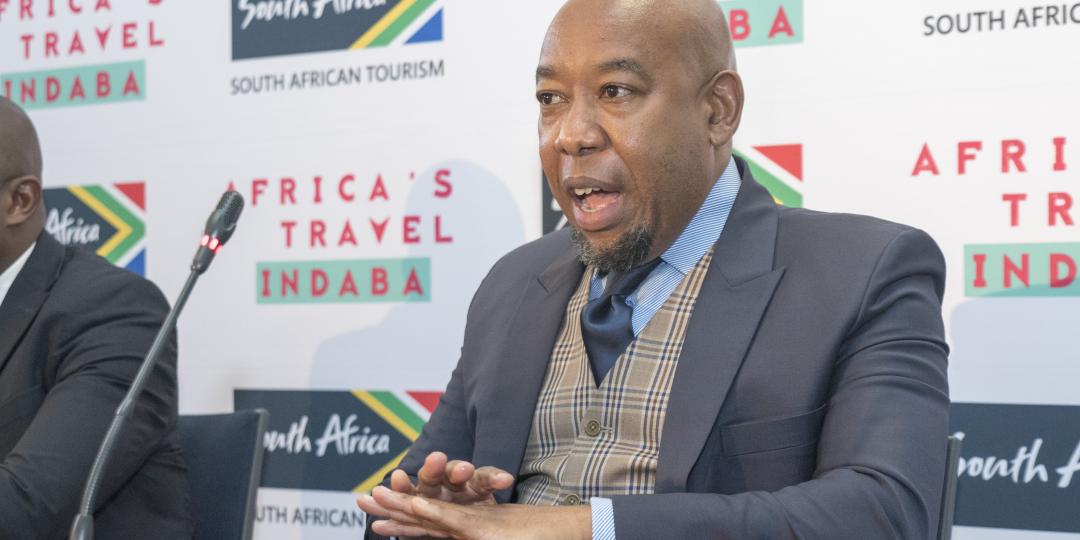South Africa needs to explore the implementation of dual rates, design new tourism products and shift public holidays to Mondays and Fridays, to drive domestic and regional tourism.
These were some of the suggestions tourism sector leaders made at Africa’s Travel Indaba in a session highlighting tourism business opportunities in key African and domestic markets on Tuesday (May 3).
“We need to start thinking around the whole issue of a dual rate where we start looking after the locals,” Industrial Development Corporation (IDC) Head of Tourism and Services, Moseketsi Mpeta, told delegates.
Mpeta said many of the IDC’s more than R5 billion (€268m) portfolio of tourism companies had continued trading during lockdown due to the support of domestic travellers who had an appetite to explore the region.
“I think our people would really get out there and use that (dual rate) and travel and experience what the industry has to offer,” she said.
Mpeta added that the country should also explore moving public holidays falling on mid-week days, to Mondays or Fridays, to encourage more long-weekend travel.
SA Tourism Acting CEO Themba Khumalo said the local industry needed to create innovative products for domestic tourists who were seeking different experiences to international travellers.
“We have to design products for us. The products designed for international tourists, let them remain for international markets. We need to look at how we serve a domestic and African traveller,” he said.
Khumalo added that the continent should market itself as a single destination, which was often how the rest of the world viewed it, and once interest was piqued, countries could then compete.
“Africa is one brand - the way in which the world looks at the continent, they don’t look at Africa as individual countries they look at Africa as one country, one brand. Let those coming from outside the continent come and then let us collaborate and compete once the business is on the continent and not before then,” Khumalo said.
Tourism Business Council CEO, Tshifhiwa Tshivhengwa, said entrepreneurs would respond to opportunities in the African tourism sector. However, governments needed to create a more conducive environment for businesses to thrive.
“We need to make sure that the good policies we have, we actually put in place. For example we have policies in SADC, East Africa and North Africa that we have put down on paper and they make sense, but nobody implements these things.
“We have been talking for the past 20 years about making cross-border travel easier and about getting the airlines to fly but it is only now when the Germans and Gulf airlines and others are coming in that we are starting to do it,” Tshivhengwa said.
He added that countries also needed to address security issues to encourage tourists to travel on the continent.























